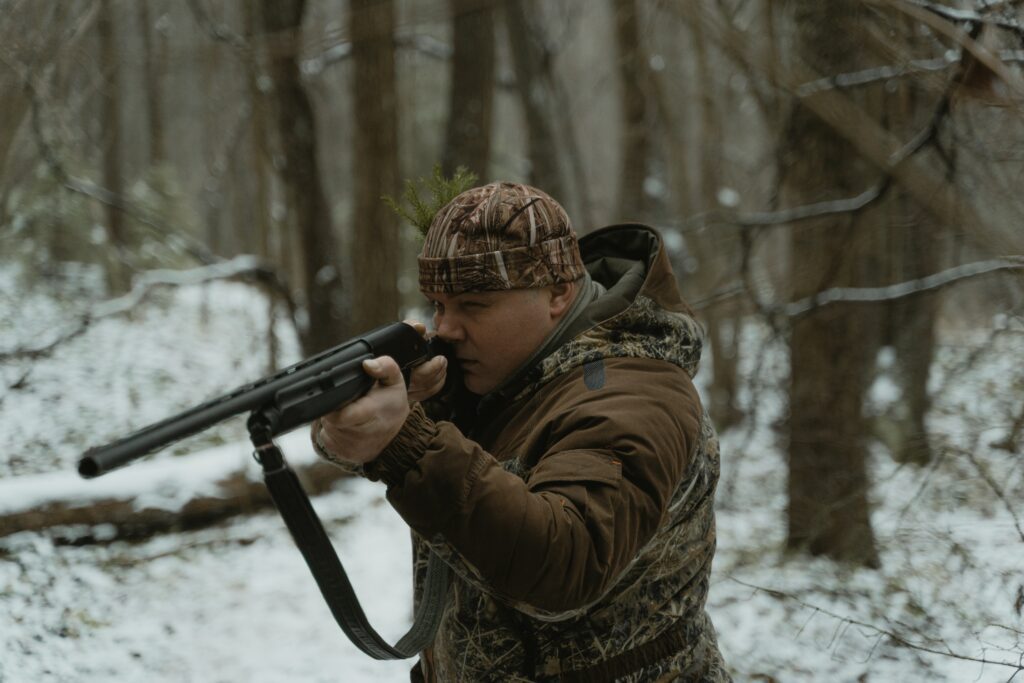Hunting Violations in Colorado


When you are hunting in Colorado, your compliance is required with many wildlife laws. These regulations exist to promote safety and to protect a valuable resource – our state’s wildlife. Officers issue hundreds of tickets every year for hunting law violations. Many of these costly citations could have been avoided if hunters were familiar with state wildlife regulations.
Where Can You Find Colorado Hunting Law Regulations?
Most citations for hunting law violations carry fines, some of which are over $10,000.00, but for certain offenses there is the potential for jail and or prison time. There is also the risk of losing your hunting privileges, not only in Colorado, but also in the other 47 states that participate in the nationwide wildlife compact agreement. To stay in compliance, you should be familiar with the Colorado Big Game Brochure published by Colorado Parks & Wildlife (CPW). Before you go hunting, take some time to review this publication. It explains many common violations and tells you how to avoid them.
Who Enforces Hunting Violations in Colorado?
The Parks and Wildlife Commission creates wildlife and hunting regulations. Officers of Colorado Parks & Wildlife enforce these regulations. They also enforce license requirements, bag limits, and season dates. This agency is charged under state law with protection, preservation, enhancement, and management of wildlife for the benefit, use, and enjoyment of Colorado residents and visitors.
What Are Some Common Hunting Violations?
Hunters in Colorado can be cited, fined, or even lose their hunting privileges for several offenses. Some of the most common violations include the following:
- Failure to wear fluorescent orange or pink: Under state law, hunters must wear at least 500 square inches of solid daylight fluorescent pink or orange material on an outer garment above the waist. They must also wear a fluorescent orange or pink head covering or hat, visible from all directions. This requirement applies whether you are hunting elk, deer, moose, pronghorn, or bear, and during all rifle seasons, with the exception of the limited September rifle bear season. It applies to muzzleloader hunters and archery hunters during rifle season.
- Failure to leave evidence of the sex: Hunters must leave evidence of the animal’s sex naturally attached to the carcass. This means part of the skin must remain naturally attached to the meat portion of the animal. Evidence of sex is: For a bull/buck: Head, with antlers or horns, or a testicle, scrotum, or penis naturally attached to carcass. For a doe/cow: Head, udder (mammary), or vulva naturally attached to the carcass. For bear: Only sex organs suffice, so for male, testicle or penis and vulva for female naturally attached to the carcass.
- Loaded firearms in or on the vehicle: There must be no ammunition in the chamber of a rifle inside or on a motor vehicle. Rifles and bows must be fully unloaded and carried in a closed case in OHVs.
- Trading tags: It is illegal to use the tags of or trade tags with another license holder. Under the law, you can only tag an animal that you, yourself, shot.
- Shooting from the road: It is a violation to shoot across a road. Before you fire a shot, you must be at least 50 feet off a state or county road or just off a BLM or U.S. Forest Service road.
- Wasting big game meat: Meat can start to spoil at 38 degrees. It is important to field dress the animal and remove the hide as soon as possible and quarter or bone out the meat to reduce the possibility of spoilage.
- Failure to void a license: After you kill an animal, you are required to immediately void your license.
- Improper attachment of a carcass tag: All carcasses must be properly tagged. You can attach the tag with a tie through a hole in the hide.
- Shooting spike antlered elk: A license to hunt cow elk does not entitle you to shoot a spike bull. Be sure of your target before you shoot.
- Entering private land without permission: Hunters sometimes go on private land to retrieve a harvested animal. You must have permission from the landowner to do this. If you are unable to contact the landowner, call the local CPW office.
For legal help with hunting violations, contact Welsh Law, LLC at (720) 836-1777. We use our expertise to fight for our clients’ best interests in all legal matters.
